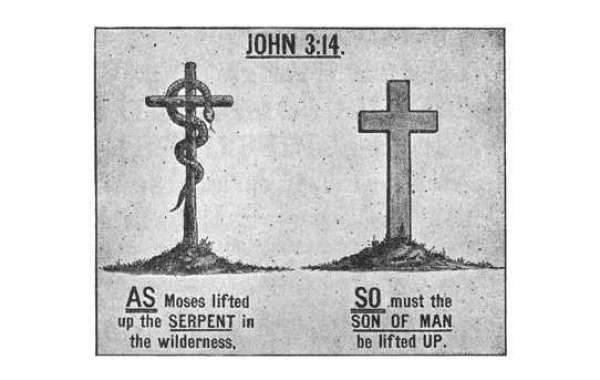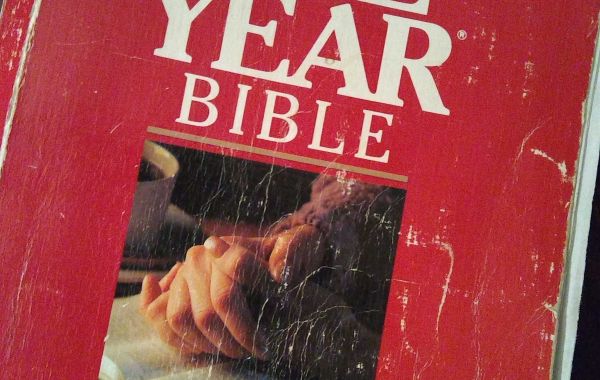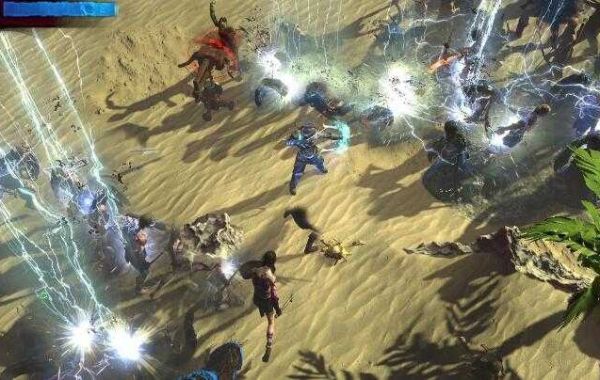For the life of the flesh is in the blood, and I have given it for you on the altar to make atonement for your souls, for it is the blood that makes atonement by the life (Lev. 17:11 ).
Indeed, under the law almost everything is purified with blood, and without the shedding of blood there is no forgiveness of sins. (Heb. 9:22 ).
In the Old Covenant, a priest once a year was to make an offering of the blood of animals on the altar for the sins of the people. So, these animals sacrifices were a foreshadowing of the "once for all" sacrifice which Jesus himself would later offer upon his own cross (Heb. 7:27 ).
It's important to understand that animal sacrifices were but a type of Christ, while Jesus is the antitype or fulfillment. There is not always a literal one-to-one correspondence between types and antitypes. For instance, Jesus isn't literally a lamb, but he is "like a lamb" (Isa. 53:7-9 ) "without blemish or defect" (1 Pet. 1:18-21 ) that takes away the sins of his people in the world (John 1:36; Rev. 5:6 ). Indeed, those sacrifices were but an annual reminder of sins because "it is impossible for the blood of bulls and goats to take away sins" (Heb. 10:3-4 ), whereas the sacrifice of Jesus literally took away the sins of his people (Matt. 1:21; John 1:29 ).
So, Jesus didn't have to bleed to death to be the antitype or fulfillment – he merely had to be slain and blood be spilt (cf. Rev. 5:12 ). And as John tells us, "But one of the soldiers pierced his side with a spear, and at once there came out blood and water" (John 19:34 ). So, with his death on the cross, Jesus "secured eternal redemption" for us (Heb. 9:12 ). And the Bible clearly informs us that God was satisfied with Christ's sacrifice because it was "a propitiation [satisfaction] by his blood" (Rom. 3:24-25 ).








